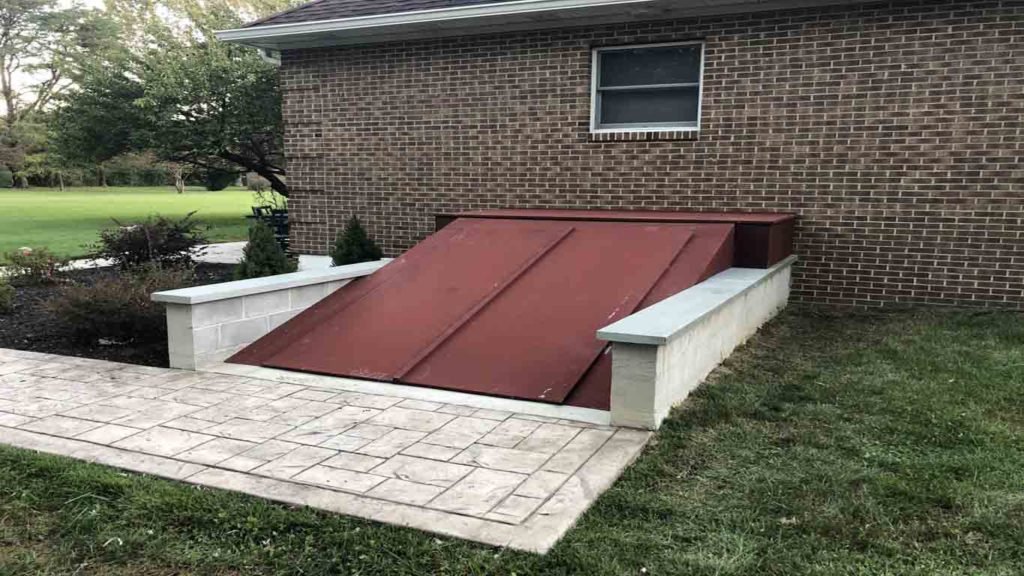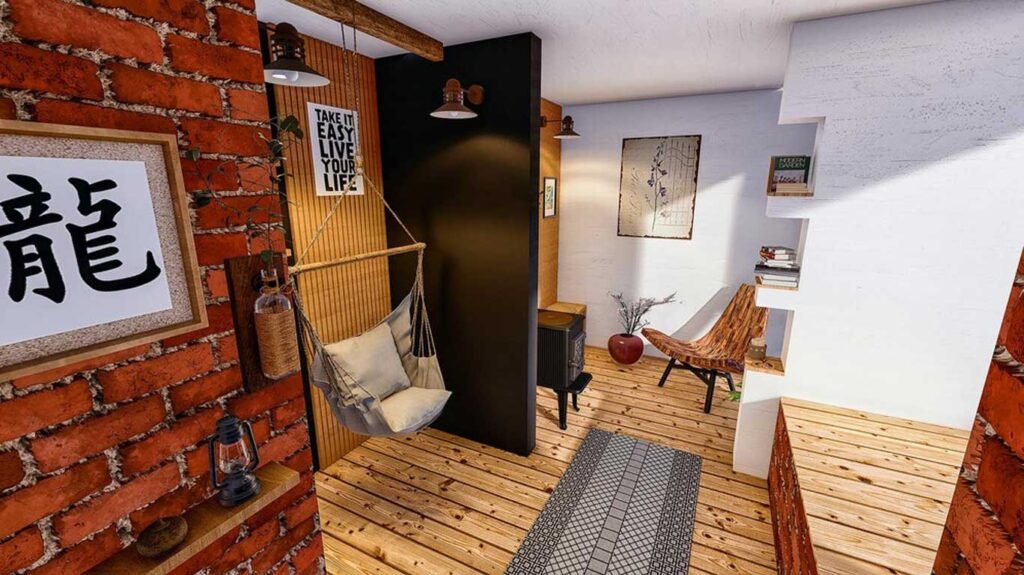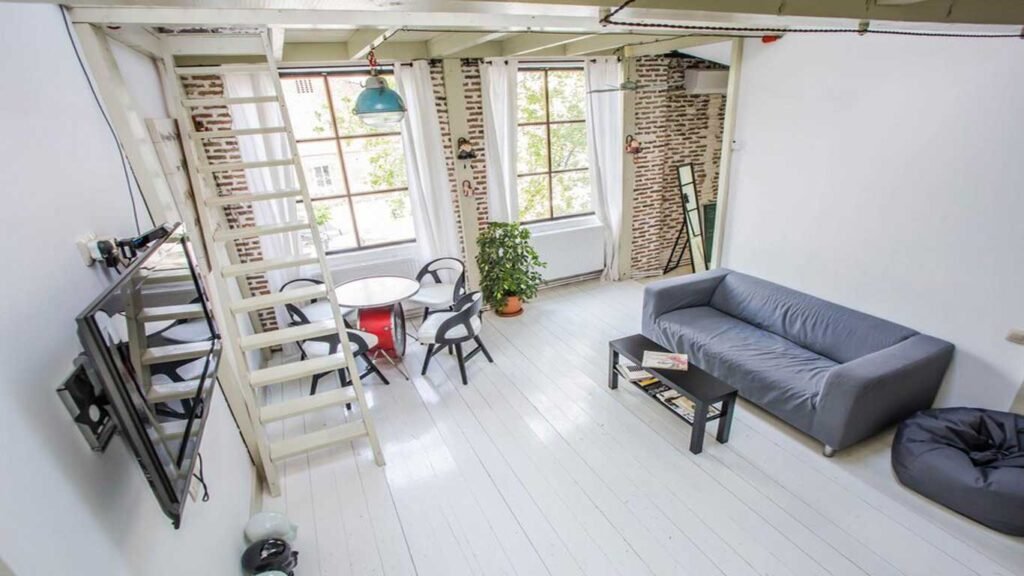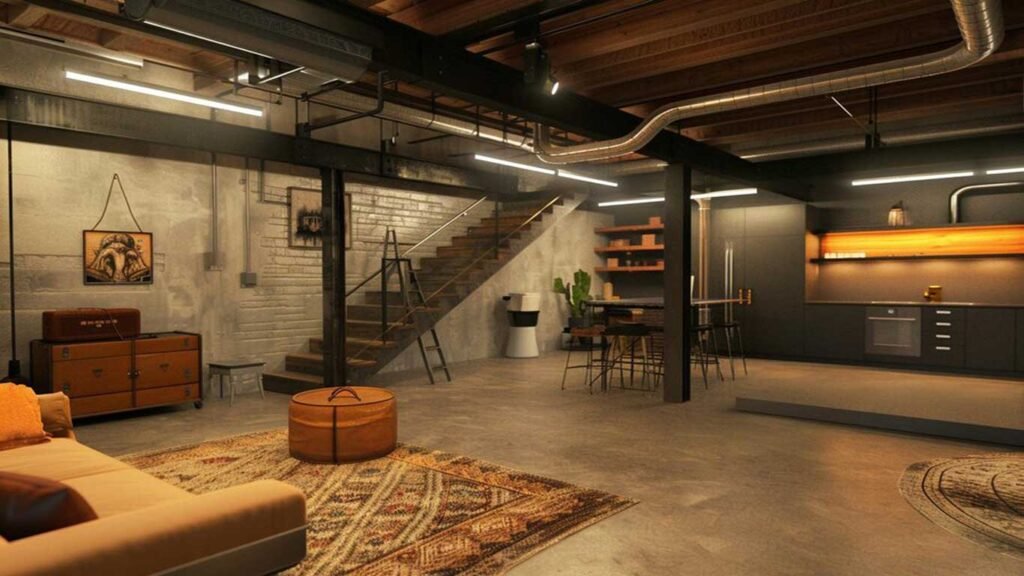About Home Energy Audit
A home energy audit, often known as a "home energy assessment," is a whole-house inspection that evaluates how your home utilizes energy. During an energy audit, a trained auditor will walk through your entire property and run a few tests to determine how you may increase your home's energy efficiency.
Among the most common tests performed during a home energy audit are:
- Blower door tests are used to determine air leakage through entrances.
- Infrared thermographic assessments can locate hot and cold regions in your home and perhaps detect sources of air leakage (such as around fireplaces or flooring)
- Indoor health exams to detect carbon monoxide and mold
- Check the efficiency of the HVAC system to discover if there are any air leaks.
How Much Does Professional Home Energy Audit Cost?
An audit will cost the average homeowner between $100 and $500, but it can cost up to $1,000, depending on the residence.
Home energy audits are often invoiced per square foot, with fees ranging from $0.10 to $0.40 per square foot. As a result, the larger your home, the more expensive an audit will be.
The fee may also vary based on the sort of tests the inspector performs. A blower test to look for air leaks, for example, could raise the price of the audit if it is not already included in the initial pricing.
Benefits Of A Home Energy Audit
Investing in a home energy audit offers numerous advantages, including:
- Lower power costs – By reducing the quantity of electricity you consume from your utility, you will pay less money for electricity each year.
- Reduce your carbon footprint – Because most utilities receive their electricity from fossil fuels, using less electricity from the grid means using less fossil fuels, which means you’re living a greener, more sustainable lifestyle.
- A home that is healthier and safer – With a home energy audit, you can uncover necessary repairs beyond saving energy, such as safety hazards in your heating and cooling system or mold and mildew growth that you might not have seen otherwise.
- Making your home more comfy – You’ll be aware of problems like draughts and insulation concerns that you can remedy to reduce your energy use and keep your home’s temperatures more stable.
- Increase the value of your home – Upgrading to Energy Star appliances, fixing insulation, and installing other energy-efficient fixtures such as new windows or LED light bulbs will boost the value of your home when it comes time to sell.
Our top Services:
include the below services:
frequently asked questions
Some of the common questions related to Alteration in Construction include:
What are additions to a building?
Additions to a building refer to the construction of new sections or extensions that are added onto an existing structure to expand its size, functionality, or aesthetic appeal
What are additions to a building?
An addition or extension to a building refers to the construction of new spaces or the expansion of existing areas, increasing the overall size and functionality of the structure.
How to build a room addition?
To build a room addition, follow these steps: plan the design, obtain necessary permits, hire qualified contractors, prepare the site, construct the foundation and framing, install utilities, complete interior finishes, and perform final inspections.
Related Posts
Click here to see more related posts.
Top 5 Signs Your Basement Needs New Basement Insulation (and What to Do About It)
Your basement plays a huge role in your home’s comfort, energy efficiency, and even air quality—but only if it’s properly insulated. Wh...
How to Maximize Energy Efficiency During Renovations
Renovating your home is the perfect opportunity to Maximize Energy Efficiency & enhance its aesthetic appeal and boost its energy e...
Basement Apartment Renovation: Unlocking the Hidden Potential of Your Basement
Basement repair has gained considerable popularity in recent years. Homeowners realize the untapped potential of their basements by tur...
Interior Basement Door: Creative Ideas with Added Security
The interior basement door is one of the most vital components of any house; it's essential to improve both the space's functionality a...
Insulating basement walls In Ontario: Options And Costs
Insulating basement walls is a crucial step in creating a more comfortable and energy-efficient home. By adding insulation to your base...
Basement Door Entrance Ideas
The basement is the most versatile room in your house. You can use it for many purposes based on your unique needs. For instance, you c...
Innovative Basement Door Ideas
You can transform your basement into any form of room you want: a kitchen, lounge, home cinema, bedroom, home office, etc. Basement tra...
Finished Basement Ideas
If the basement is finished, it can be turned into a multi-functional living space, like an extra bedroom or extra area for sports part...
Basement Insulation Options
Basement insulation is an inevitable part of home insulation and can significantly improve the overall home's thermal performance and, ...
Small Basement Renovations
Small Basement Renovation Ideas-A Comprehensive Guide
A small basement renovation is a great way to add value to your home and turn a...
Basement Living Room Ideas
Turning the basement into usable space, like an entertaining area, is a great idea. The best part of styling the basement living room i...
Basement Renovation Ideas
A basement is a place that is frequently overlooked. However, with a few simple renovation ideas, you can transform the overall appeara...











